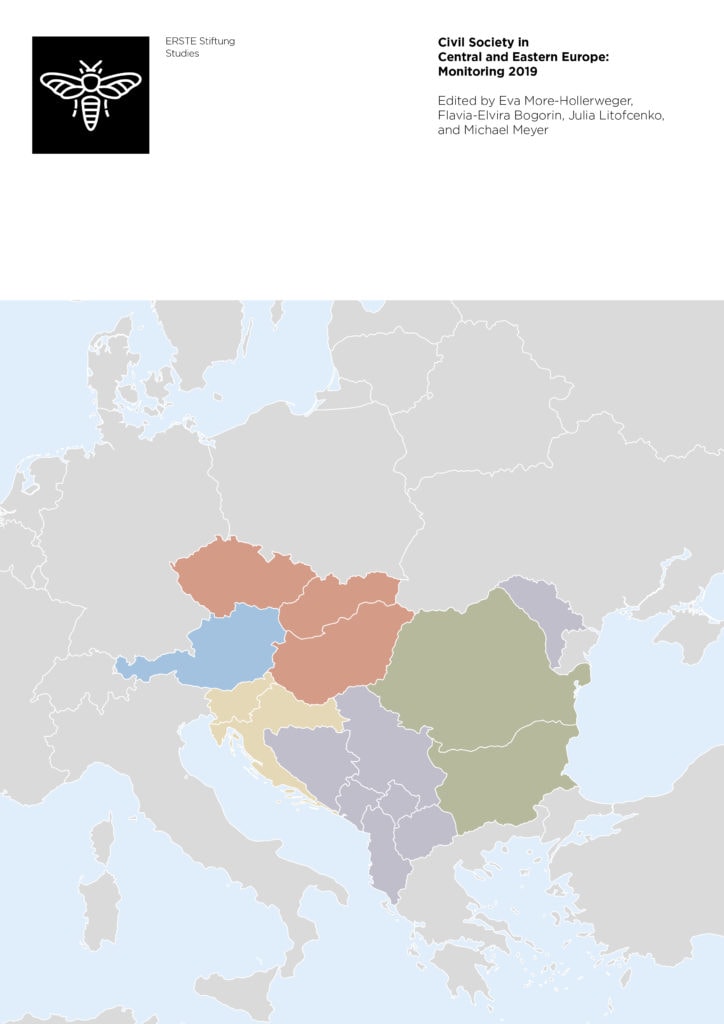Civil society and its organizations play an important social, political and economic role in democratic countries. They provide (social) services, represent interests of minorities or vulnerable groups, perform a watchdog function towards politics and public administration, and contribute to community building by involving different people, e.g. in volunteering and membership. The existence of a vivid civil society is an indicator of well-functioning democracies that give space to the full variety of different opinions, concerns and solutions. Civil society organizations (CSOs) are often established where a particular social or political concern emerges. By combining a mix of various public and private resources – such as public funds, private donations, voluntary work and membership fees – they are often a source of social innovation.
The study was conducted by the Competence Center for Nonprofit Organizations and Social Entrepreneurship at WU Vienna (Vienna University of Economics and Business), commissioned by and in collaboration with ERSTE foundation as well as with a group of country experts.




